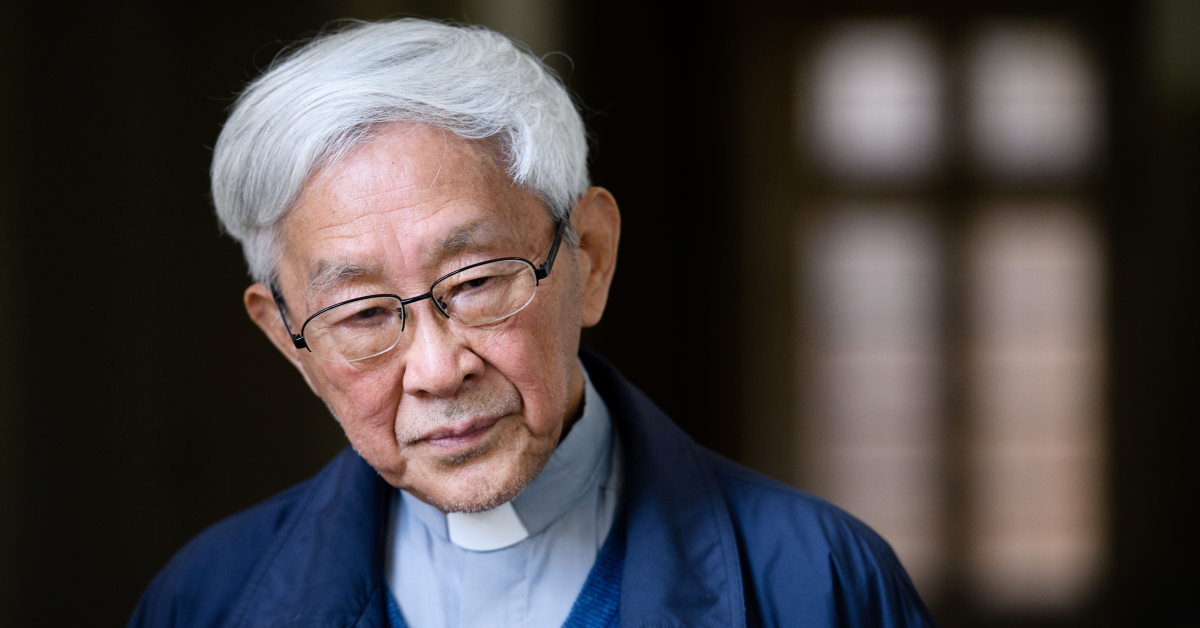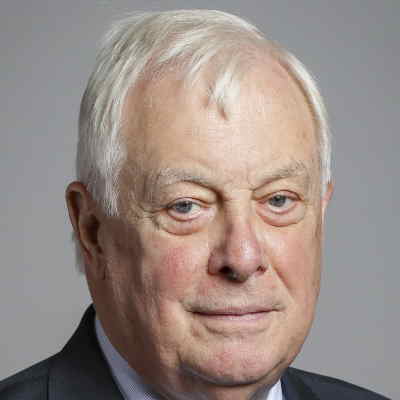Much of the world remains focused on the grisly developments in Ukraine, where Russian President Vladimir Putin’s army continues to commit war crimes against a sovereign country he claims is an inalienable part of Russia.
Meanwhile, the story in Hong Kong has gone from very bad to even worse.
In a farcical selection process dressed up as democracy, the Communist Party of China (CPC) recently installed a former policeman, John Lee, as the new chief executive of its puppet regime. Lee is not just any old cop. He got the job because he supervised the brutal 2019 crackdown on demonstrations in Hong Kong after two million residents protested against the city government’s plan to allow the extradition of criminal suspects to mainland China.
That proposed change in the law was necessary, said one pro-Beijing adviser, in order to make abductions by China’s security services unnecessary.
Lee’s crackdown substituted tear gas, water cannons, rubber bullets, and tasers for dialogue. Even some of those providing medical assistance to the demonstrators were arrested and beaten. Such methods brought shame on Hong Kong’s police force, which can no longer be called Asia’s finest.
Lee behaved as though he would also have willingly suppressed the young demonstrators in Tiananmen Square in 1989 – an episode that he and others like him now try to stop Hong Kong’s citizens from remembering in vigils and religious services.
I gained some knowledge of public order policing when I chaired the commission that reorganized the police service in Northern Ireland after the 1998 Good Friday Agreement. Lee’s approach to the 2019 demonstrations fell far short of what good policing demands and what the Hong Kong public have a right to expect. Sadly, that is precisely why a man with no knowledge whatsoever of the economic and social policies that have made Hong Kong so successful has been chosen to run the city.
Perhaps it was a sign of worse to come that Lee’s appointment coincided with the arrest on 11 May of Cardinal Joseph Zen, a former bishop of Hong Kong who is one of Asia’s most celebrated and admired clerics. Cardinal Zen was detained along with three others who, like him, were trustees of a humanitarian relief fund that provided legal and financial assistance to more than 2,200 people who had been arrested for taking part in the 2019 demonstrations.
Although the fund had already been wound up under police pressure, the 90-year-old cardinal and his colleagues were arrested for allegedly colluding with foreign forces in breach of China’s draconian national security law.
Cardinal Zen has long been one of the Catholic Church’s bravest and most articulate defenders of human rights everywhere, not least in China. The significance of his arrest was spelled out clearly by Cardinal Charles Maung Bo of Myanmar, the president of the Federation of Asian Bishops’ Conferences.
“How can it be a crime to help accused persons have legal defense and representation?” Cardinal Bo asked. “Hong Kong used to be one of Asia’s freest and most open cities. Today, it has been transformed into a police state.”
For many CPC officials, Cardinal Zen’s real crime is not only his regular defenses of religious freedom in China and, through his pastoral and intellectual courage, his potential threat to the party’s totalitarianism, but also his criticism of the Vatican’s secret deals with the Chinese leadership. These pacts purport to build bridges between the so-called underground church in China, which has always been in communion with the Vatican, and the self-described patriotic church controlled by the government in Beijing.
The alleged benefits of this agreement, which is meant to improve the treatment of all Catholics in China (pastors and laity), are clearly so considerable that it has been kept under wraps. Perhaps there is too much to report. But it does not seem unreasonable to ask why, if the deal is so good, no one is allowed to know what it is.
In any case, the agreement has done nothing to ease the plight of Catholics or other Christians in China, where President Xi Jinping is clearly behind a nationwide crackdown on religious practice. Crucifixes have been removed, churches closed, and underground church bishops sacked; one well-known bishop, James Su Zhimin, has spent years in jail and has not been seen in nearly 20 years.
In Jiangxi province and Yujiang, priests have been placed under house arrest or banned from pastoral duties, while children have been forbidden to go to church. The CPC official with overall responsibility for Hong Kong cut his teeth clamping down on Christian churches in the Wenzhou area of Zhejiang province, which is regarded as a centre of Christianity in China.
The Hong Kong church, which has about 400,000 members, is clearly being told to take care not to offend its new CPC masters. Last year, the city’s police thwarted a vigil for those killed in Tiananmen Square in 1989, and this year the Church cancelled the event.
In response to all this, the Vatican merely issued a plaintive statement that it was following Cardinal Zen’s arrest “with extreme attention.” Is that really supposed to put Chinese leaders in their place?
While the Vatican’s desire to improve relations between Chinese Catholics, the Chinese government, and the Holy See is understandable, its stance towards China brings to mind the Church’s behaviour toward the Nazis in the 1930s and 1940s. I hope it does not prove to be as damaging to the Church’s integrity as those events were.
Many Catholics will regard Cardinal Zen – who, as the University of Notre Dame put it, “possesses a conscience fuelled by his faith” – as a more authentic exponent of Catholic views on human rights than Vatican officials. And, even as they focus on Ukraine, liberal democracies must continue to speak out against China’s assault on Hong Kong’s freedom and rule of law.

